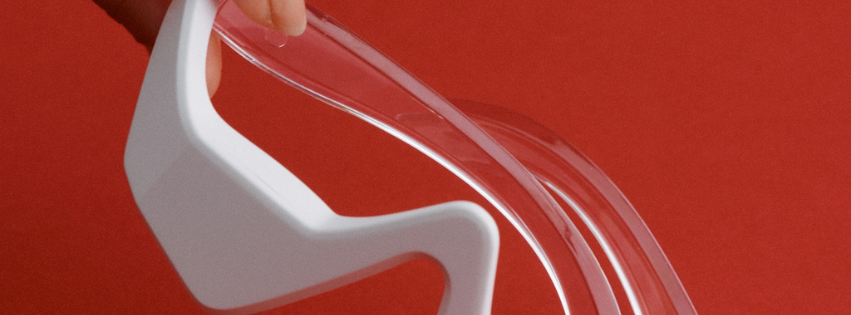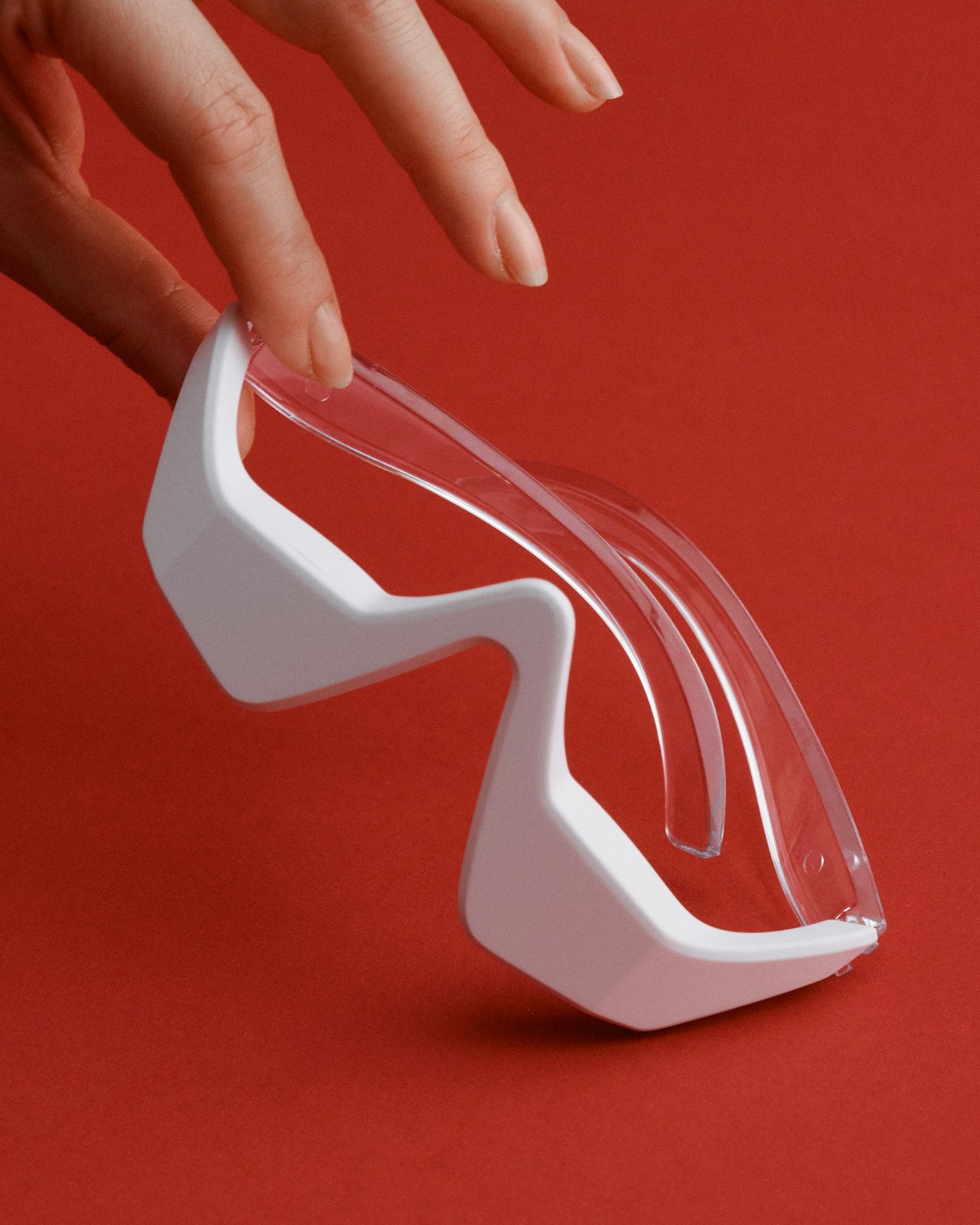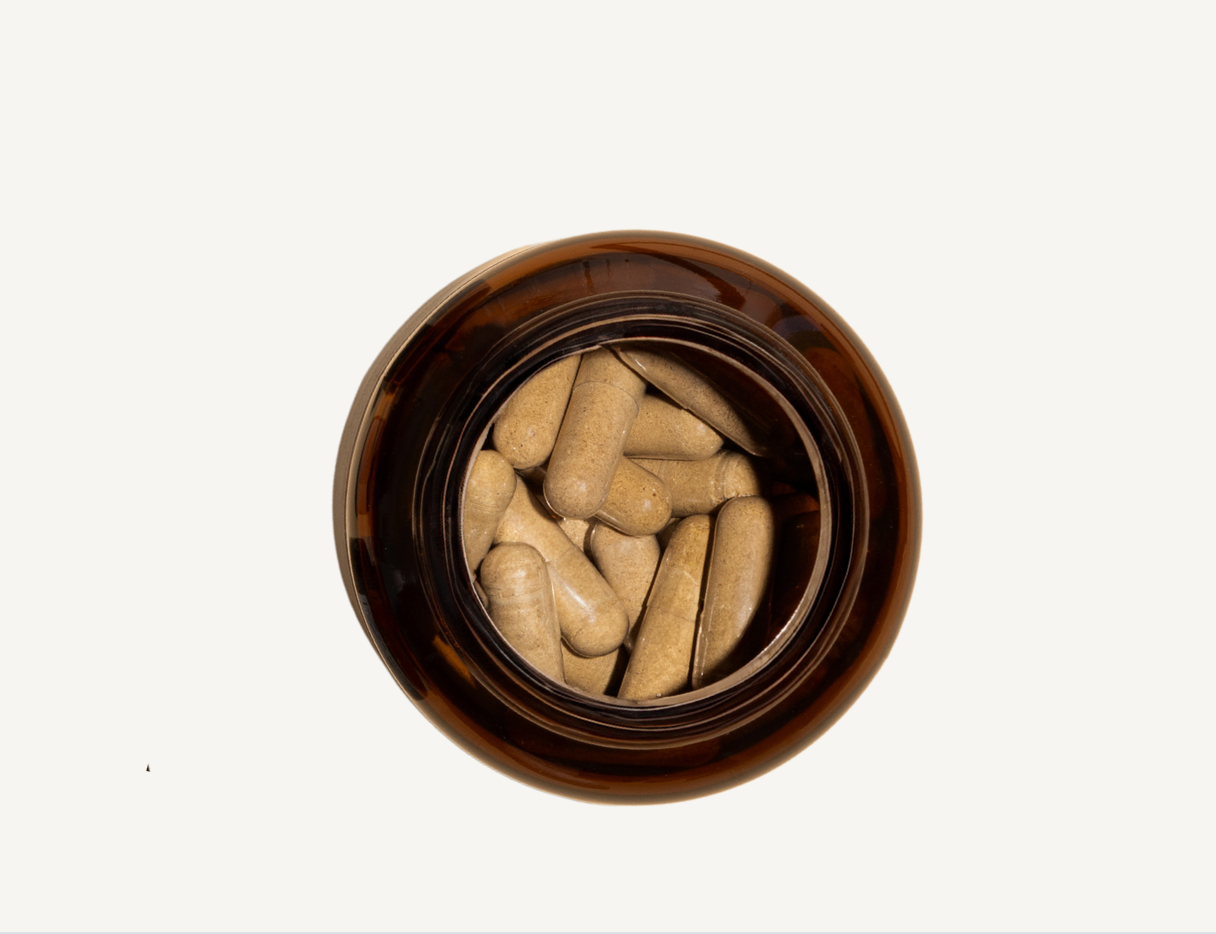Vitamin E
-
-
-
-
-
- In stock, ready to ship
- Backordered, shipping soon
- Vitamin E is the major lipid-soluble component in the cell antioxidant defense system and is exclusively obtained from the diet. It is estimated that 90% or more of Americans do not consume sufficient dietary vitamin E. Vitamin E scavenges free radicals generated by lipid peroxidation of polyunsaturated fatty acids (PUFAs) and has been found to be effective in the prevention and reversal of various diseases. Our Vitamin E with mixed tocopherols is naturally sourced from sunflower oil (not soy).*
- Supports tissue oxygenation, diminishes PUFAs' oxidative impact on lipid membranes, safeguards against lipid peroxidation, shields skin abundant in PUFAs from UV-induced damage, enhances circulation, safeguards against harm caused by free radicals.*
Vitamin E is the major lipid-soluble component in the cell antioxidant defense system and is exclusively obtained from the diet. It is estimated that 90% or more of Americans do not consume sufficient dietary vitamin E. Vitamin E scavenges free radicals generated by lipid peroxidation of polyunsaturated fatty acids (PUFAs) and has been found to be effective in the prevention and reversal of various diseases.
Our Vitamin E with mixed tocopherols is naturally sourced from sunflower oil (not soy). This product contains no fillers and is independently lab tested.
- Vitamin E w/Mixed Tocopherols
- Glycerin
- Purified Water
- Gelatin (capsule)
Natural vitamin E is derived from various plant oils, particularly from vegetable oils like soybean, sunflower, safflower, and wheat germ oil. The primary form of natural vitamin E found in these sources is alpha-tocopherol. Other forms of vitamin E, such as beta-tocopherol, gamma-tocopherol, and delta-tocopherol, can also be found in small amounts in these plant oils.
Synthetic Vitamin E is produced from petrochemicals. A key difference scientists are examining is the structure of the compounds. Natural Vitamin E consists of a single stereoisomer, while synthetic Vitamin E comprises eight stereoisomers, with only one matching natural Vitamin E. The seven differing stereoisomers in synthetic Vitamin E have lower biological activities, making them significantly less effective in the body. *


















